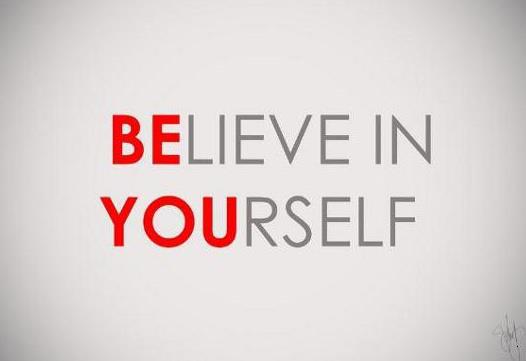Losing a job is a traumatic experience under any circumstance. Losing a job creates immediate fear, anxiety and worry. Not only because of the loss of a paycheck, but because our identities are so closely tied to what we do for a living; its WHO we are and WHAT we do!
And when a person loses a job, conventional wisdom says to immediately start looking for a new job. The resume gets dusted off, the job board power surfing begins, cover letters are being written and before you know it a full-blown ‘shot-gun’ job search is underway.
Three months later after dozens of resumes have been sent out, hopes have been dashed, confidence is blown, and self esteem is lowered as the job search trudges on, with no interviews or job in sight.
What happened?
Often, professionals who have just lost a job rush into the job search way too quickly without giving themselves some time to take a deep breath, consider their options and better yet, look at the situation as an opportunity to do some soul searching and some self introspection about their careers and their lives.
Yes, I know….there are bills to be paid! Mortgages, car payments, credit cards…this is not a time to dilly-dally! You need a job quickly!
But in my research, successful job seekers improve their chances of finding a new job when, even before they begin writing their resume, they invest a short amount of time in asking themselves some important questions:
1. What do I want to do? Not what SHOULD I be doing, but what do I WANT to do? It is the most basic of questions, and if you are honest with yourself, your answer may even surprise you. Have your passions and your values guided your career choices in the past or have you got stuck in a hamster-wheel mentality of working in jobs where others have told you your skills best fit? By answering this question honestly at the very beginning, you will start to eliminate a ton of frustration and begin a focused job search that is based on the the type of career and life you envision for yourself.
2. What are the most important criteria for my next job? Make a list of things ranging from things like salary, daily commute time, amount of travel, benefits, size of the company/team, etc. There are a lot of different things different people place importance on and it’s critical for you to start developing your list of what’s important.
3. What kind of company or organization do I want to work for? Is it important for your future employer’s values to match your own? Are there specific work environments you’ve experienced in the past that have allowed you to thrive? What does that look like? Is the company culture reflected in the things that are important to you? Does the company provide you with opportunities that reflect your skills, your ambitions and opportunities to move ahead?
4. What is the proudest moment of my career to date? Was it a project or an assignment? An accomplishment that resulted in a raise or a promotion? It’s important to think of these moments because your proudest moments are usually full of examples of your tangible skills, talents and expertise. Not only are they reminders of the types of situations you LIKE to be in, but they are also good anecdotes to explain how your background is of value to a future employer.
5. What is my salary threshold? In other words, let’s cut through the what I’m worth dilemma and answer the question head on: what’s the LEAST amount of money you will accept for a new position? It’s important to think of it this way. Let’s say you have a salary range that you believe is reflective of your education, your experience, and, of course, what you have been used to making. That’s good to know, but, what if the job you really want is going to offer you $5,000 less than the range you’ve come up with? This situation comes up quite often and it is up to YOU to know when it is time to walk.
6. Am I the right person to write my own resume? According to a recent survey, 65% of candidates selected for interviews had professionally written resumes over self-written resumes. Why? Often, we are our own worst cheerleaders. We have a naturally tendency to want to be modest about our accomplishments, but a professional resume writer will demand that you take ownership for your accomplishments. We often don’t recognize our skills, expertise, accomplishments that are important to highlight or that are valuable to future employers. Professional resume writers know what recruiters are looking for and how best to present you in a resume format that will get a recruiter’s attention and YOU a job!
BOTTOM LINE – By taking the time at the beginning of your job search to answer some important questions, you will immediately approach your job search with more determination and focus.









